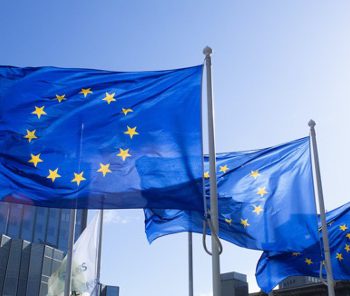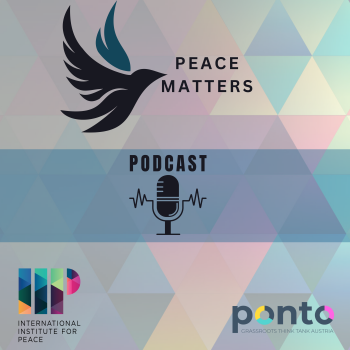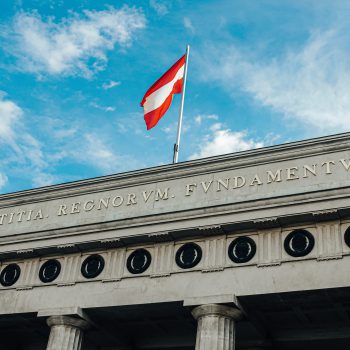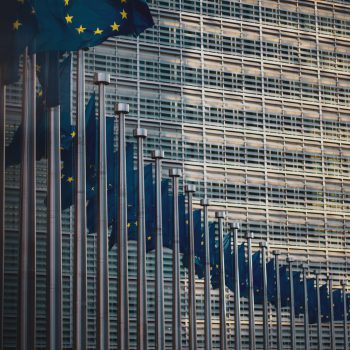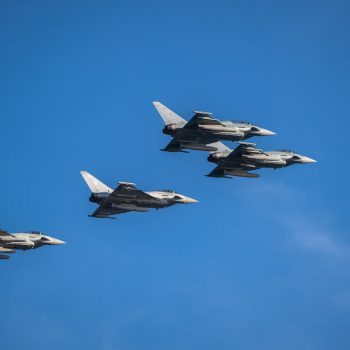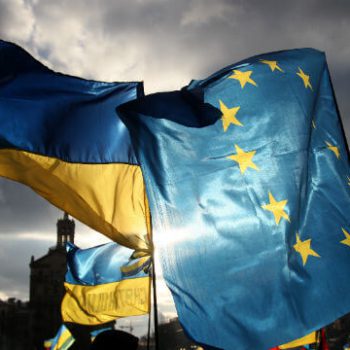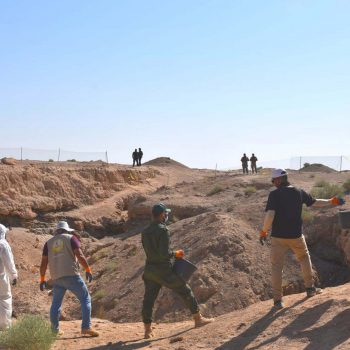Rethinking the Future: EU Enlargement as Guarantee for Security and Democracy?
No Comments
Text by Lara Steiner Currently, the European Union faces a time of fundamental change and unprecedented challenges. The Russian invasion of Ukraine has altered the geopolitical presence and consequently initiated reassessments of the EU’s future. To ensure transnational security and the viability of democracy on the continent, it is indispensable for the EU to amend…

